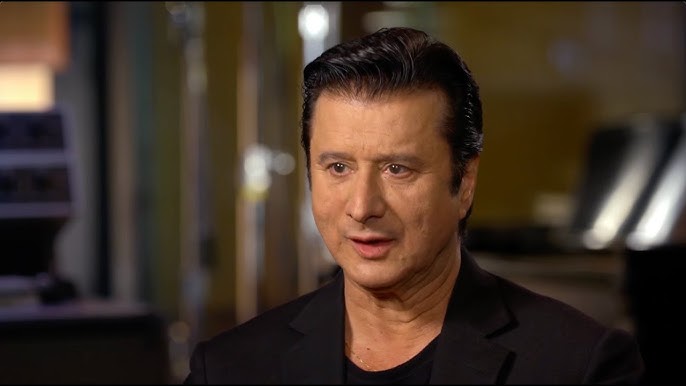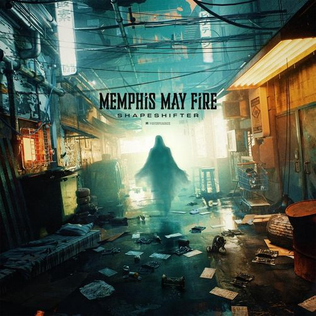Metallica’s Kirk Hammett named one particular guitar riff that he believes “shifted heavy metal.”
In a new feature with Consequence, the Metallica guitarist chose 11 albums that he thinks every guitarist should own because of how big of an influence they had him. Led Zeppelin’s Physical Graffiti, Van Halen’s self-titled debut, Scorpions’ Taken by Force and AC/DC’s Back in Black were among his selections.
He also cited a particular Black Sabbath album, and went on how explain how a certain riff on that album impacted heavy metal. And it’s not the menacing tritone that Tony Iommi plays at the beginning of the Black Sabbath title track.
“The first three Black Sabbath albums are like gospel. Everyone kind of universally agrees. They created the genre in those first three albums, and then there was Vol. 4, which was just like another shift in their sound. And then Sabotage came out, which is another shift in their sound,” Hammett said.
The guitarist elaborated on the band’s performance on Sabotage, describing it as more progressive, advanced and sophisticated. He then specifically pointed to the riff in the song “Symptom of the Universe,” which he argued sums up both the New Wave of British Heavy Metal and thrash metal.
READ MORE: Metallica’s Kirk Hammett Names the Album ‘Everyone in the World Should Own’
“Just that song in terms of the attitude, the choice of notes, how it was played, and the fact that it was just the main part of the song and the hooks of it,” he continued. “Once you hear that riff, you’ll always hear it again and again. It’s just an amazing riff. That riff in itself shifted heavy metal and I have to give that album and that particular song a lot of credence.”
Black Sabbath, ‘Symptom of the Universe’
How Tony Iommi Wrote the ‘Symptom of the Universe’ Riff
During a conversation with Metal Hammer several years ago, Iommi talked a bit about how “Symptom of the Universe” was written. He couldn’t quite recall how he came up with the main riff since it was so long ago, but assumed he came up with it during a rehearsal.
He did, however, describe his riff-writing process and how he managed to evolve it overtime.
“I was in competition with myself. I would always try to come up with more and more inventive ideas – different tunings, changing the amps, just fiddling about with the guitars really,” Iommi said. “I would constantly be trying to improve things and change things. I didn’t really listen to other people, just in case I started playing someone else’s riff by mistake.”
The Best Metal Album of Each Year Since 1970
See Loudwire’s picks for the Best Metal Album of Each Year Since 1970.
Gallery Credit: Loudwire Staff



















![Maddox Jones – (Still) Waiting For The World To Turn [Deluxe Edition] Maddox Jones – (Still) Waiting For The World To Turn [Deluxe Edition]](https://i0.wp.com/essentiallypop.com/epop/wp-content/uploads/2025/04/Screenshot-2025-04-18-at-12.30.25.png?fit=1188%2C1148&ssl=1)












































![Burna Boy – Update [Official Music Video] Burna Boy – Update [Official Music Video]](https://i.ytimg.com/vi/qR8-uQ5LixE/maxresdefault.jpg)







































